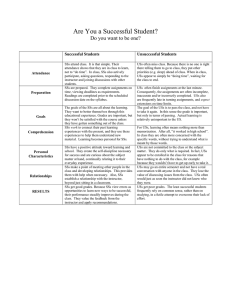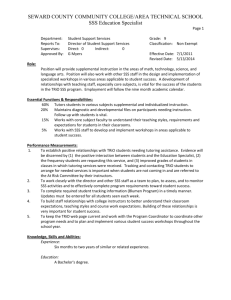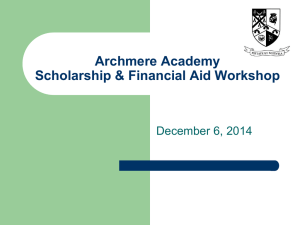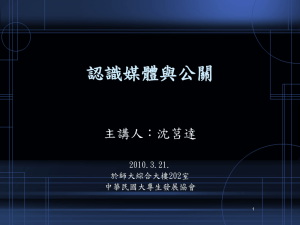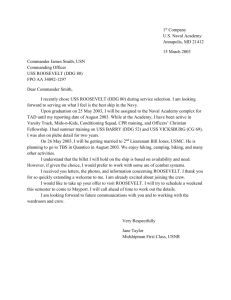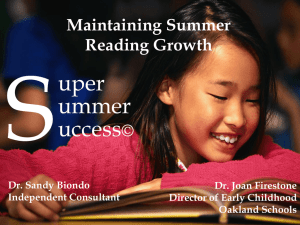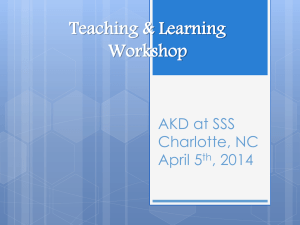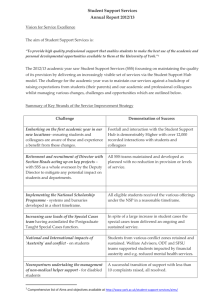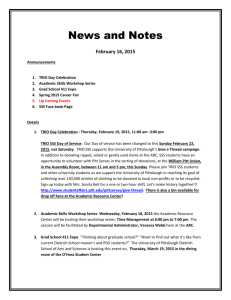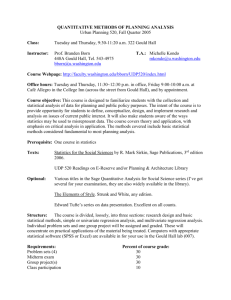Successful vs. Unsuccessful College Students: Key Traits
advertisement
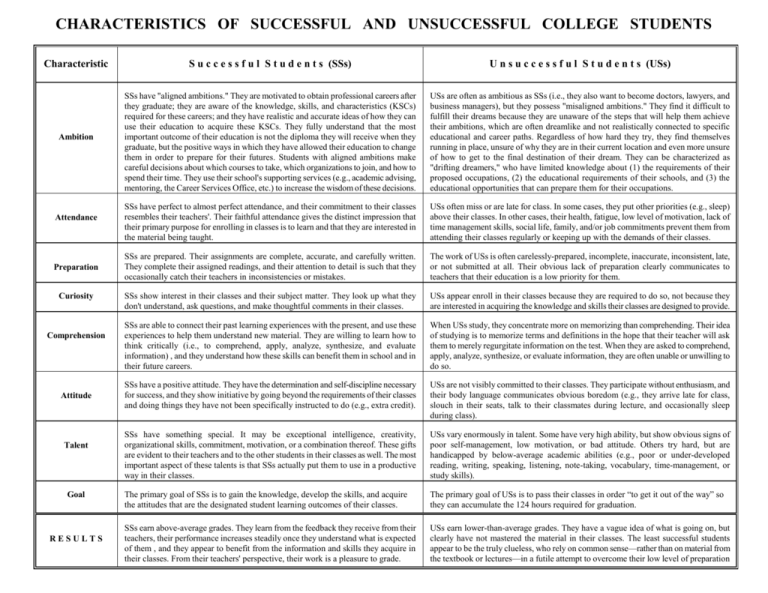
CHARACTERISTICS OF SUCCESSFUL AND UNSUCCESSFUL COLLEGE STUDENTS Characteristic Ambition Attendance Preparation Curiosity Comprehension Attitude Talent Goal RESULTS S u c c e s s f u l S t u d e n t s (SSs) U n s u c c e s s f u l S t u d e n t s (USs) SSs have "aligned ambitions." They are motivated to obtain professional careers after they graduate; they are aware of the knowledge, skills, and characteristics (KSCs) required for these careers; and they have realistic and accurate ideas of how they can use their education to acquire these KSCs. They fully understand that the most important outcome of their education is not the diploma they will receive when they graduate, but the positive ways in which they have allowed their education to change them in order to prepare for their futures. Students with aligned ambitions make careful decisions about which courses to take, which organizations to join, and how to spend their time. They use their school's supporting services (e.g., academic advising, mentoring, the Career Services Office, etc.) to increase the wisdom of these decisions. USs are often as ambitious as SSs (i.e., they also want to become doctors, lawyers, and business managers), but they possess "misaligned ambitions." They find it difficult to fulfill their dreams because they are unaware of the steps that will help them achieve their ambitions, which are often dreamlike and not realistically connected to specific educational and career paths. Regardless of how hard they try, they find themselves running in place, unsure of why they are in their current location and even more unsure of how to get to the final destination of their dream. They can be characterized as "drifting dreamers," who have limited knowledge about (1) the requirements of their proposed occupations, (2) the educational requirements of their schools, and (3) the educational opportunities that can prepare them for their occupations. SSs have perfect to almost perfect attendance, and their commitment to their classes resembles their teachers'. Their faithful attendance gives the distinct impression that their primary purpose for enrolling in classes is to learn and that they are interested in the material being taught. USs often miss or are late for class. In some cases, they put other priorities (e.g., sleep) above their classes. In other cases, their health, fatigue, low level of motivation, lack of time management skills, social life, family, and/or job commitments prevent them from attending their classes regularly or keeping up with the demands of their classes. SSs are prepared. Their assignments are complete, accurate, and carefully written. They complete their assigned readings, and their attention to detail is such that they occasionally catch their teachers in inconsistencies or mistakes. The work of USs is often carelessly-prepared, incomplete, inaccurate, inconsistent, late, or not submitted at all. Their obvious lack of preparation clearly communicates to teachers that their education is a low priority for them. SSs show interest in their classes and their subject matter. They look up what they don't understand, ask questions, and make thoughtful comments in their classes. USs appear enroll in their classes because they are required to do so, not because they are interested in acquiring the knowledge and skills their classes are designed to provide. SSs are able to connect their past learning experiences with the present, and use these experiences to help them understand new material. They are willing to learn how to think critically (i.e., to comprehend, apply, analyze, synthesize, and evaluate information) , and they understand how these skills can benefit them in school and in their future careers. When USs study, they concentrate more on memorizing than comprehending. Their idea of studying is to memorize terms and definitions in the hope that their teacher will ask them to merely regurgitate information on the test. When they are asked to comprehend, apply, analyze, synthesize, or evaluate information, they are often unable or unwilling to do so. SSs have a positive attitude. They have the determination and self-discipline necessary for success, and they show initiative by going beyond the requirements of their classes and doing things they have not been specifically instructed to do (e.g., extra credit). USs are not visibly committed to their classes. They participate without enthusiasm, and their body language communicates obvious boredom (e.g., they arrive late for class, slouch in their seats, talk to their classmates during lecture, and occasionally sleep during class). SSs have something special. It may be exceptional intelligence, creativity, organizational skills, commitment, motivation, or a combination thereof. These gifts are evident to their teachers and to the other students in their classes as well. The most important aspect of these talents is that SSs actually put them to use in a productive way in their classes. USs vary enormously in talent. Some have very high ability, but show obvious signs of poor self-management, low motivation, or bad attitude. Others try hard, but are handicapped by below-average academic abilities (e.g., poor or under-developed reading, writing, speaking, listening, note-taking, vocabulary, time-management, or study skills). The primary goal of SSs is to gain the knowledge, develop the skills, and acquire the attitudes that are the designated student learning outcomes of their classes. The primary goal of USs is to pass their classes in order “to get it out of the way” so they can accumulate the 124 hours required for graduation. SSs earn above-average grades. They learn from the feedback they receive from their teachers, their performance increases steadily once they understand what is expected of them , and they appear to benefit from the information and skills they acquire in their classes. From their teachers' perspective, their work is a pleasure to grade. USs earn lower-than-average grades. They have a vague idea of what is going on, but clearly have not mastered the material in their classes. The least successful students appear to be the truly clueless, who rely on common sense—rather than on material from the textbook or lectures—in a futile attempt to overcome their low level of preparation
